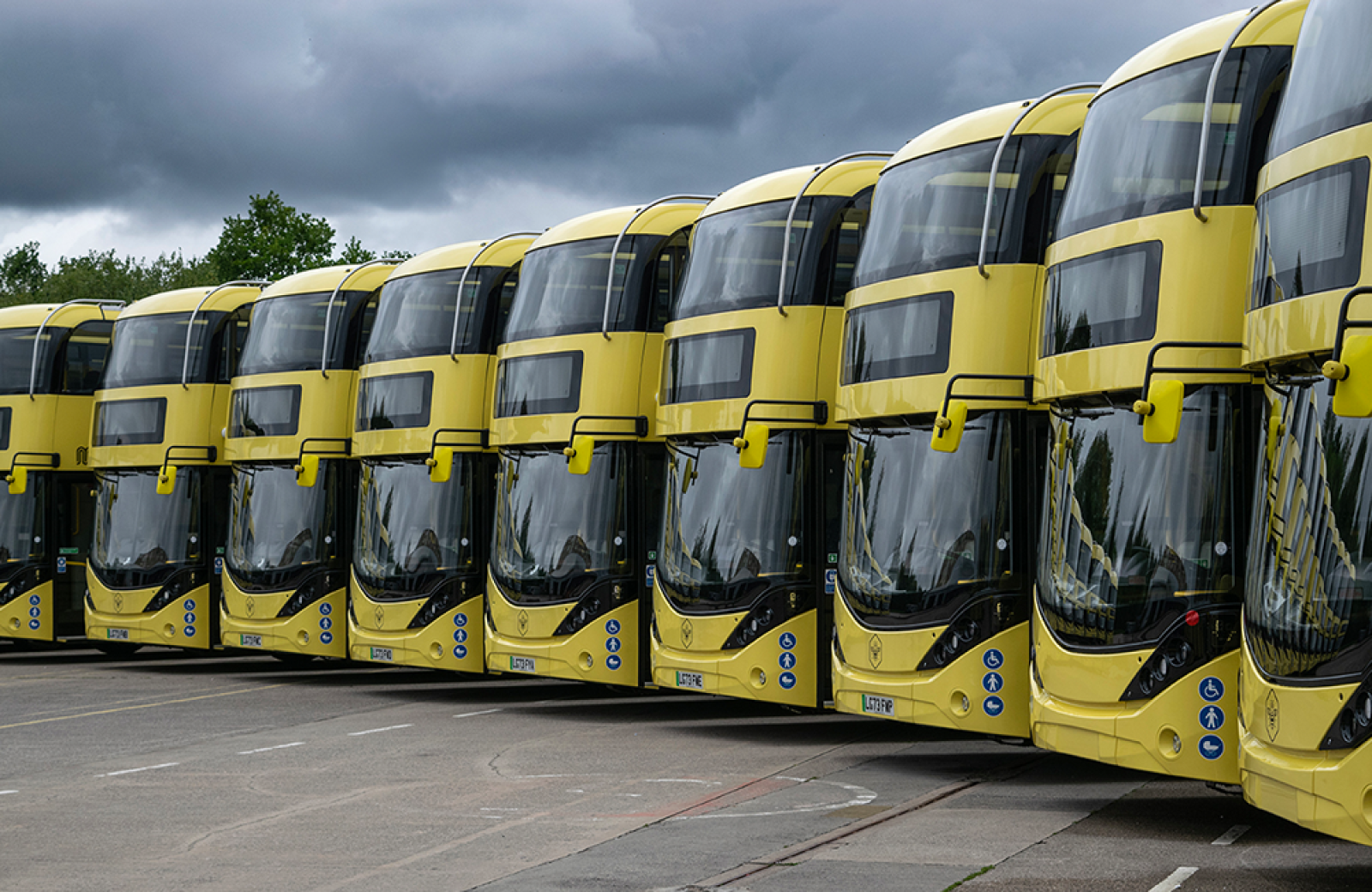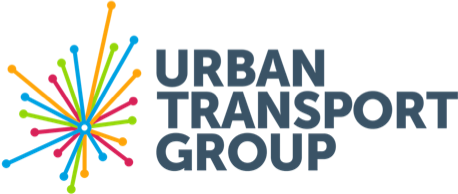Updating bus laws - a smoother ride to improving services

If you find yourself waiting for a bus at Bolton Interchange this Sunday, perhaps the first thing you’ll notice when one arrives is the colour: yellow. You might also clock that your bus is quiet, as it’s electric and zero emission. And you probably won’t fail to spot the bee logos - representing the worker bee, the symbol of Greater Manchester.
For bus passengers in Greater Manchester, Sunday is set to be a landmark day, as franchised bus services start in many parts of the city region for the first time in nearly 40 years. It represents the latest component of the Bee Network, Greater Manchester’s plan for an integrated, low-fare London-style transport system, which brings together buses, trams, walking and cycling, and - in time - rail services.
And of course, the legislation that enabled franchising to happen was the Bus Services Act 2017, which, at the time, was a pioneering piece of legislation designed to give local areas greater control over their bus services. I say ‘at the time’, because a lot has happened in the six years since the Act was introduced: a pandemic, a national bus strategy, a cost-of-living crisis and several Prime Ministers (and Transport Secretaries), to name just a few.
Ahead of a likely General Election next year and with the transport policies of all parties taking shape, it seems a sensible time to review the Act and make recommendations for improving it. And that’s exactly what a new report from the Urban Transport Group and the Local Government Association does.
In A smoother ride - Reviewing the Bus Services Act 2017 to empower local areas, we examine the existing legislation around franchising, Enhanced Partnerships (EPs) and municipally owned bus companies.
The report sets out four key questions in relation to the Act:
- What can be done to improve EPs and make it more likely that they will lead to significant improvements in bus services?
- What would enable all areas to pursue franchising and how can the process be streamlined and de-risked?
- What would need to be changed to enable the creation of municipal operators?
- What changes could be made to funding streams to enable greater utilisation of the above options and better outcomes?
On Enhanced Partnerships, the report notes their ‘inherent limitations’, citing the fact that they are a ‘novel, untested form of delivery’. It recommends that the performance and delivery of EPs against their objectives should be urgently reviewed to assess whether they are delivering the scale of improvements as set out in the National Bus Strategy. And given the urgency of the task to transform the country’s bus services and reverse dwindling patronage, a ‘wait and see’ approach is not sufficient.
On franchising, the report draws heavily on Greater Manchester’s experience of using the legislation. With acknowledgements that the city region was the first mover on franchising and that delays due to Covid undoubtedly affected the timeline, the process from the initial assessment on the proposed franchised scheme to its introduction has taken six years (June 2017 to September 2019) – something the report describes as ‘extremely resource intensive and lengthy’.
Two key recommendations emerge. First, to make the process, especially around assessments for a proposed franchising scheme, quicker and less onerous. And second, allowing all areas to have the same automatic rights as Mayoral Combined Authorities to access the franchising process. This would open-up franchising to all local transport authorities who wish to explore it.
The report also questions the Act’s ban on the creation of new municipal bus companies, highlighting the above national average levels of bus patronage in Nottingham and Reading – both areas with municipally owned bus companies. It recommends removing the restrictions on the establishment of new municipal bus companies by local authorities.
Finally, the report examines what changes could be made to funding streams for the bus. It calls for the bringing together and devolution of disparate funding pots and subsidies, those which are currently prone to frequent changes in conditions and timescales, arguing this could unleash the true potential of bus.
Ultimately, it should be up to local areas to choose which model to use to run their local services in the best way possible for their communities. But if we are to fulfil the ambitions of the National Bus Strategy and truly transform bus services, it’s surely time to update the legislation. Hopefully, this report provides some useful guidance for how this, or a future Government – of any colour – might go about doing so.
Rebecca Fuller is Assistant Director at the Urban Transport Group
This piece originally appeared in Route One
Related content
Report

